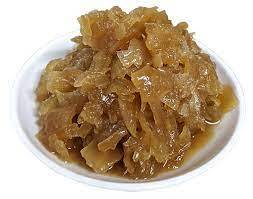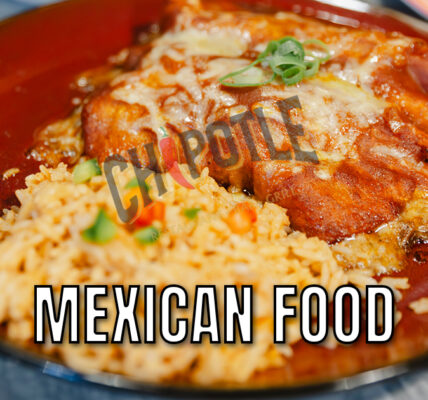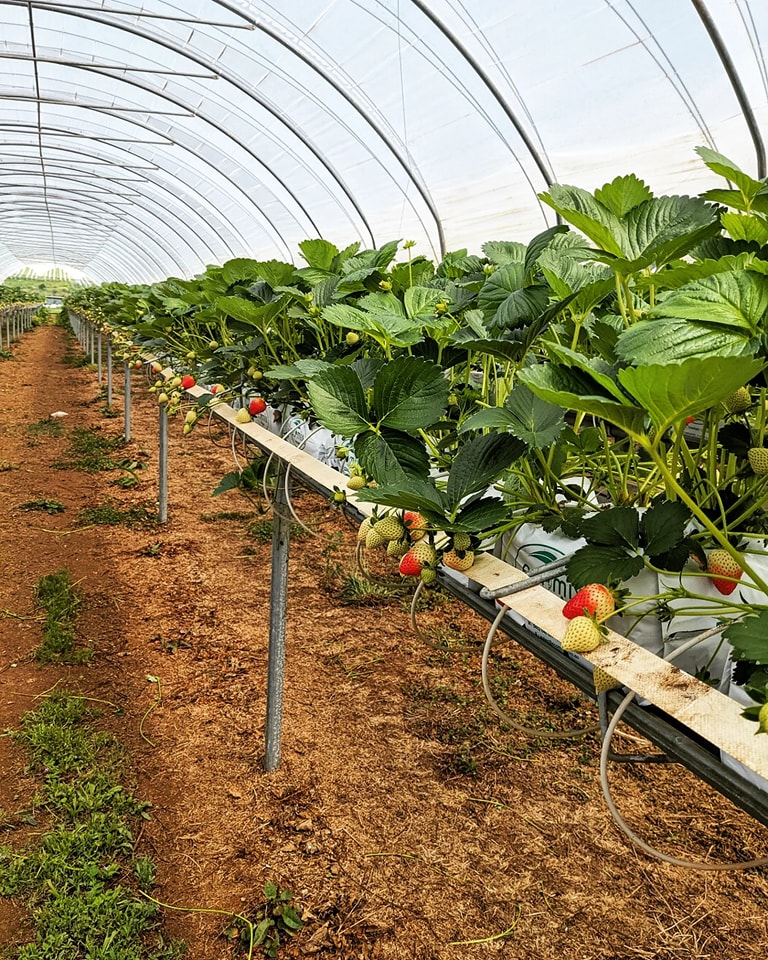If you buy bulk food from wholesale food suppliers Gold Coast, it is essential to know food safety tips and guidelines for transporting bulk food. Food safety is a very important aspect of the food supply chain. It should therefore be achieved without compromise. Food transportation from distributors and factories is done in bulk as different items are supplied to wholesalers.
Australian Standards and guidelines should be adhered to when transporting bulk food. Aside from ensuring food safety, manufacturers should ascertain that food quality is upheld so that the food arrives in excellent condition. Here are some guidelines for bulk food transportation.
Monitoring the supply chains
Processing food in bulk entails different players and in most cases, players work independently. This type of arrangement may present some loopholes for some people to take shortcuts to keep their expenditures low. For example, improper hygiene and using hazardous materials. Such problems may go undetected. Inspecting the supply chain is the best way to unearth such loopholes.
Pest control
Pests and rodents are a nuisance in warehouses. They can find their way into bulk food. It is essential to safely fumigate your premises to keep insects and pests away.
Educating and training
Wholesale food suppliers and people who buy food in bulk should ensure that everyone who handles the food is well-trained. Knowledge is a very powerful tool in averting a crisis that is brought on by bad decisions. Therefore, food companies and suppliers should invest in educating their employees on the importance of food safety and how food safety can be achieved.
Large suppliers with outlets in developing countries have the duty of ensuring quality and safety standards are matched throughout. Training is a must-have for any company that deals with food.
Fruits and fresh produce
If you transport fresh fruits and vegetables, you should follow the guidelines on how to slice, prepare, trim, wash pack, etc. Some food products may require proper treatment and seasoning to maintain their quality before and after being placed on shelves.
Tanker design requirements
Transporting food across the country or across state borders is not simple. Food-grade transport companies should design their tankers properly and install fittings to ease the transportation process. They should also incorporate food-grade items that are environmentally friendly. The tanker should also be sealed properly to prevent air from oxidising the food being transported.
Washing tankers
Bulk food transportation heightens the risk of loss as contamination means doing away with a lot of food. Companies that transport bulk food should do proper cleaning of their tankers before loading them. This keeps contaminants at bay and ensures that food quality isn’t compromised.
Inspection
Wholesale food suppliers Gold Coast should inspect bulk food before and after transportation. Visual inspections of the exterior and interior of tanks are also necessary to check for leaks, corrosion, cracks, sealing and flaking.





